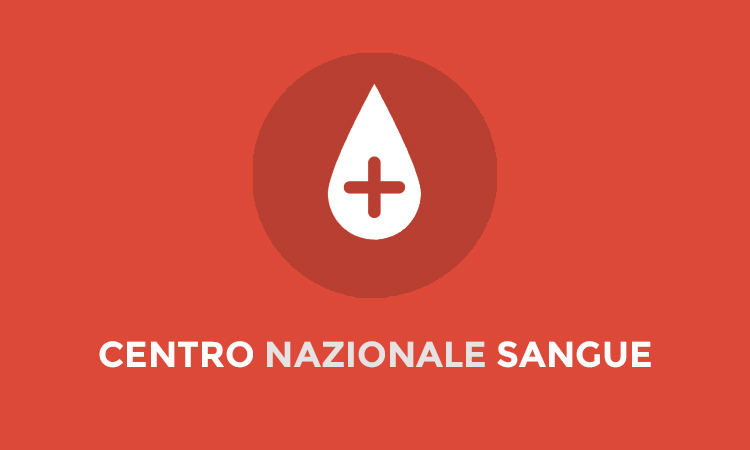The use of Haematopoietic Stem Cells (HSCs) contained in Umbilical Cord Blood (UCB) is a well-established therapy for the treatment of patients suffering from various blood diseases.
As part of the services provided by the Italian National Health System, current legislation allows the collection and storage of HSCs that are:
- solidarity donations for allogeneic stem cell transplantation
- intended for use in a newborn with a congenital disorder or one detected prenatally, or for use in a blood relative suffering from an illness at the time of collection or from a previous illness, which is curable with UCB transplantation
- intended for families at risk of having children suffering from genetic disorders for which there is scientific evidence to support the use of UCB stem cells
- for use in autologous-dedicated clinical trials, approved in accordance with the regulations in force, aimed at gathering scientific evidence for the possible use of cord blood in the case of particular conditions
While it prohibits:
- storage for autologous use only, in the absence of the above-mentioned conditions
- the establishment of private cord blood banks across the country
- any form of advertising related to private cord blood banking
However, the collection of cord blood for personal use and its export to private facilities outside the Italian territory is allowed in compliance with the rules defined by a specific regulatory act.
On Italian territory, UCB is stored at public facilities (Umbilical Cord Blood Banks) and remains at the disposal of transplant centres that need it.
The Italian National Blood Centre, along with the Italian National Transplant Centre, works to ensure the safety and reliability of the stored UCB units to protect the health of both donors and recipients.

